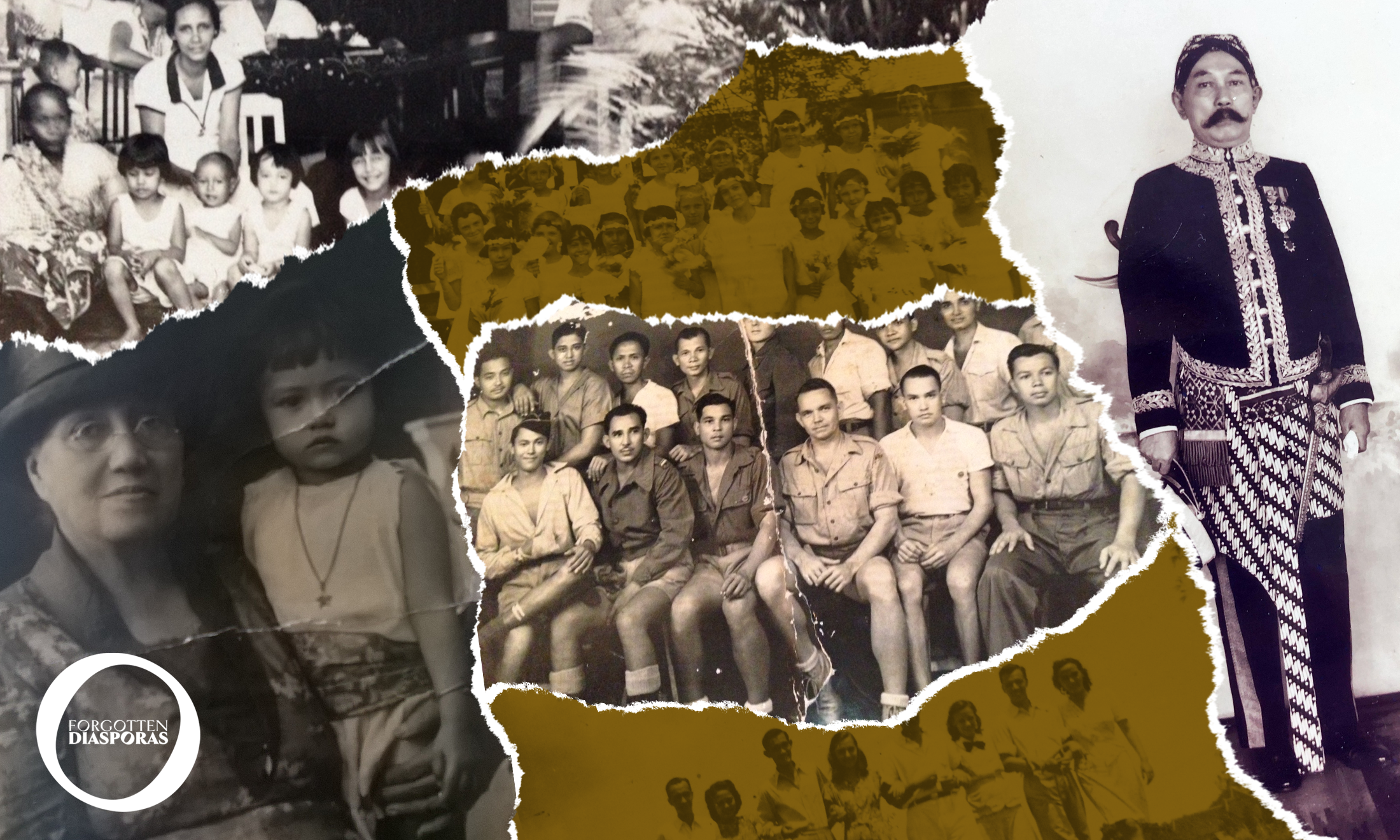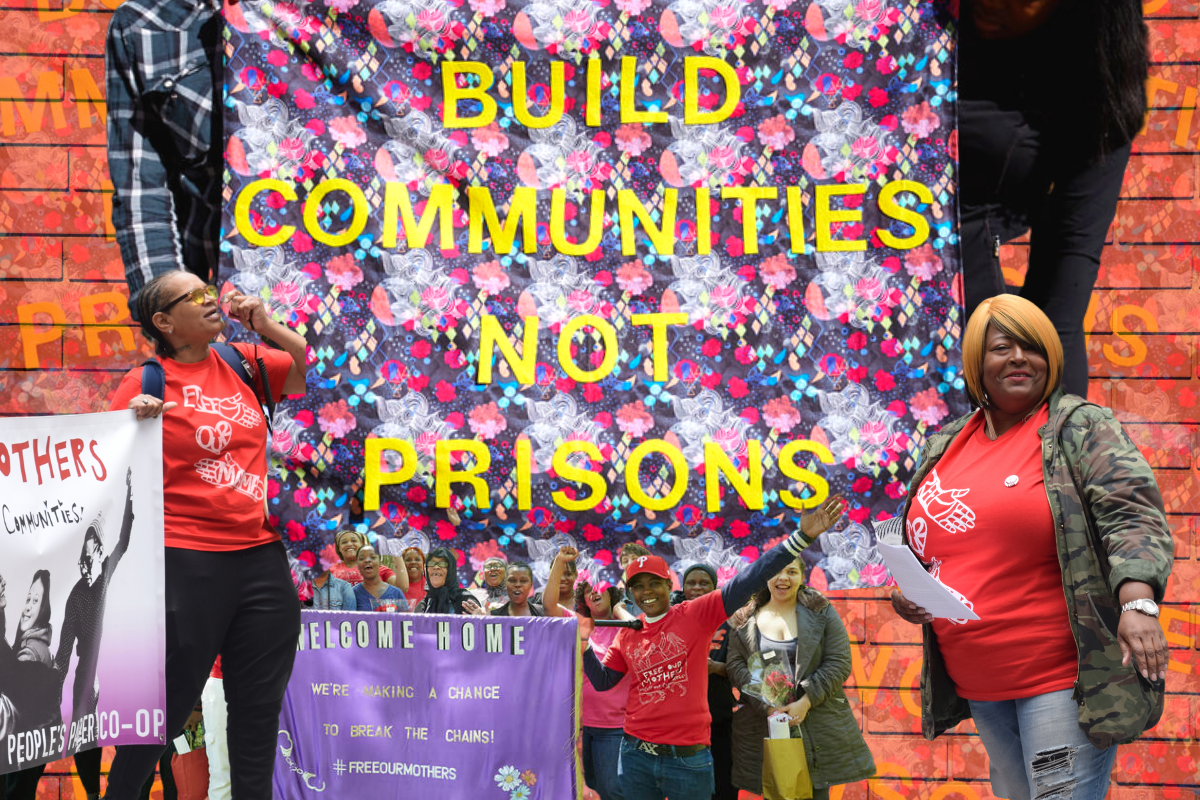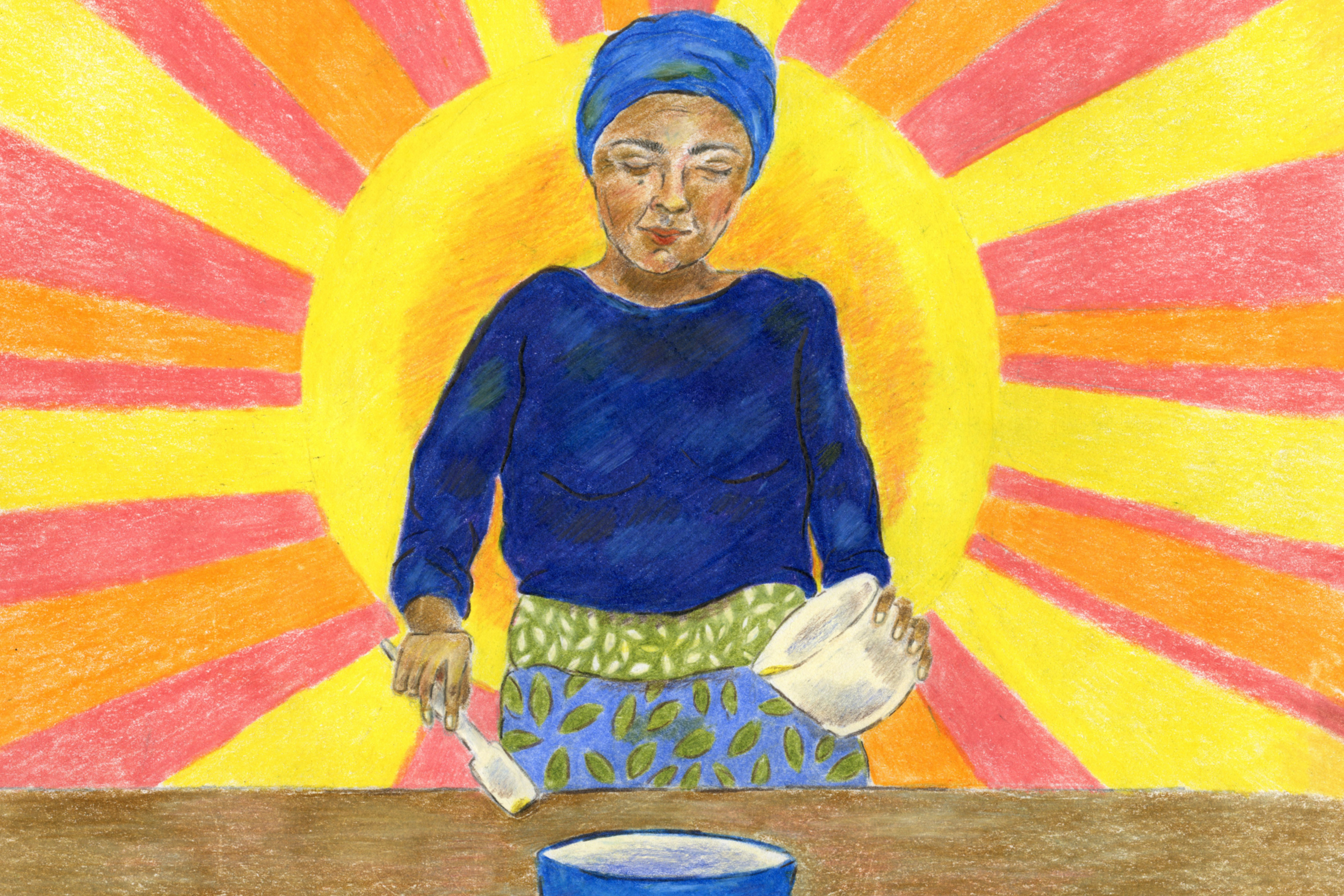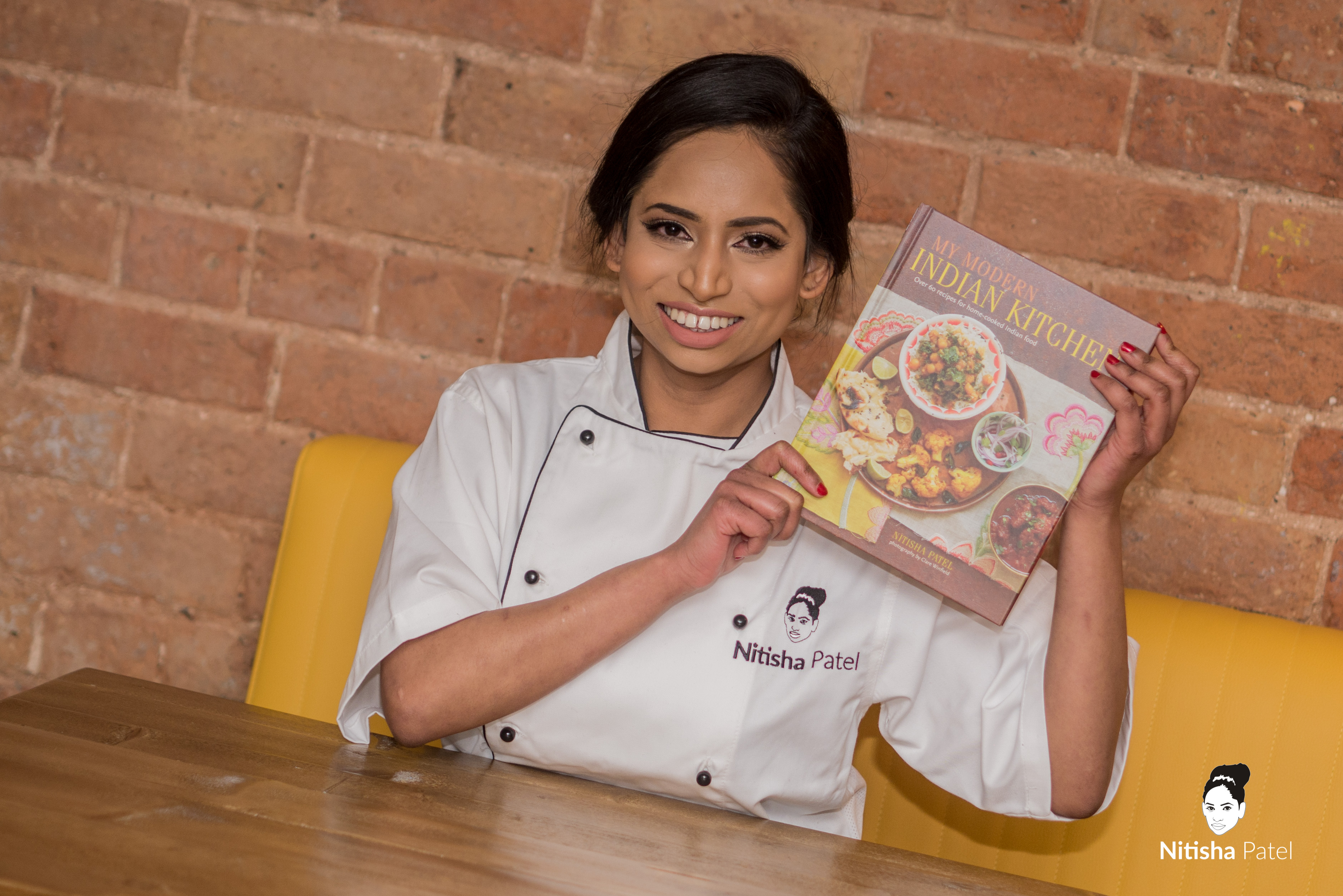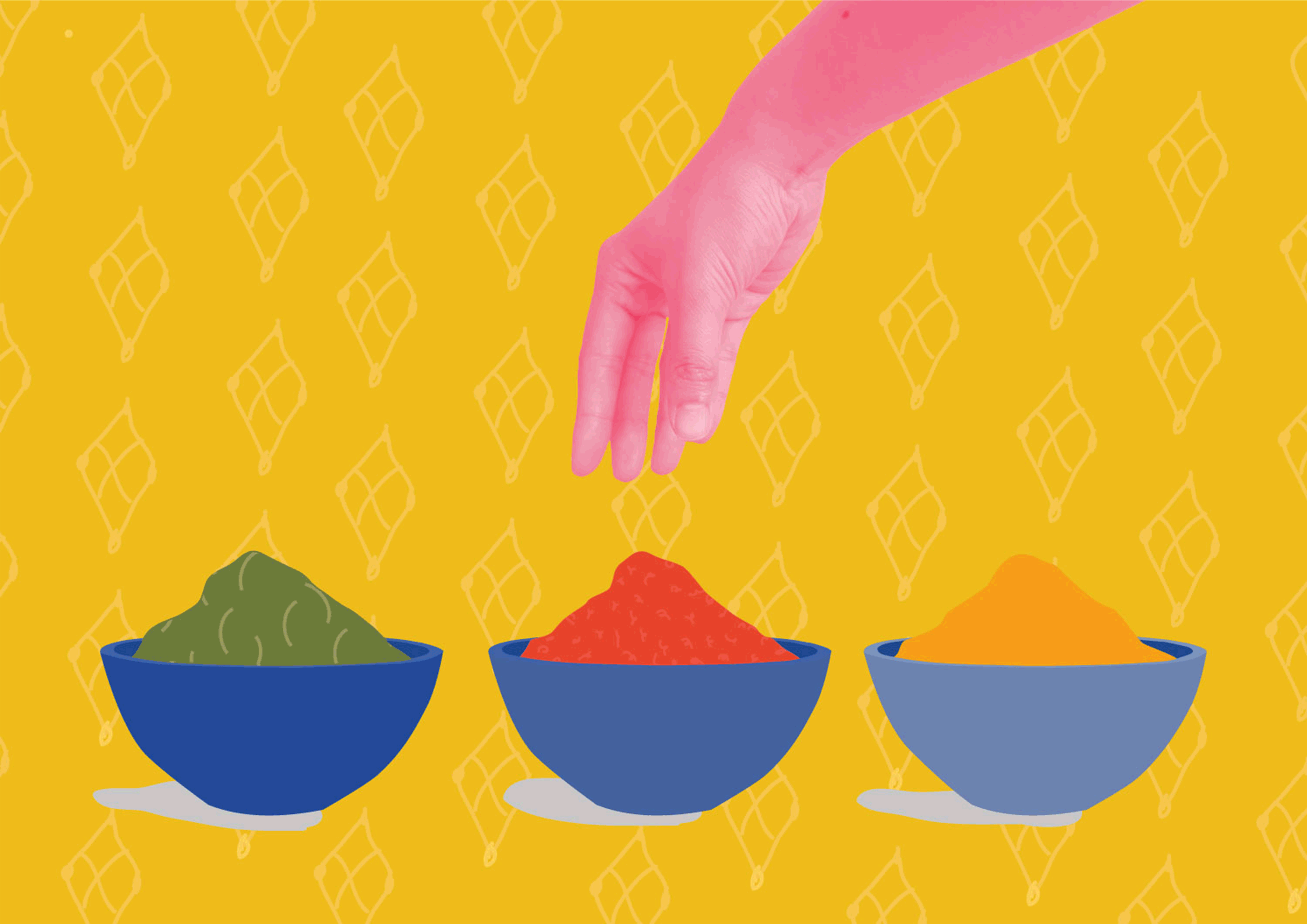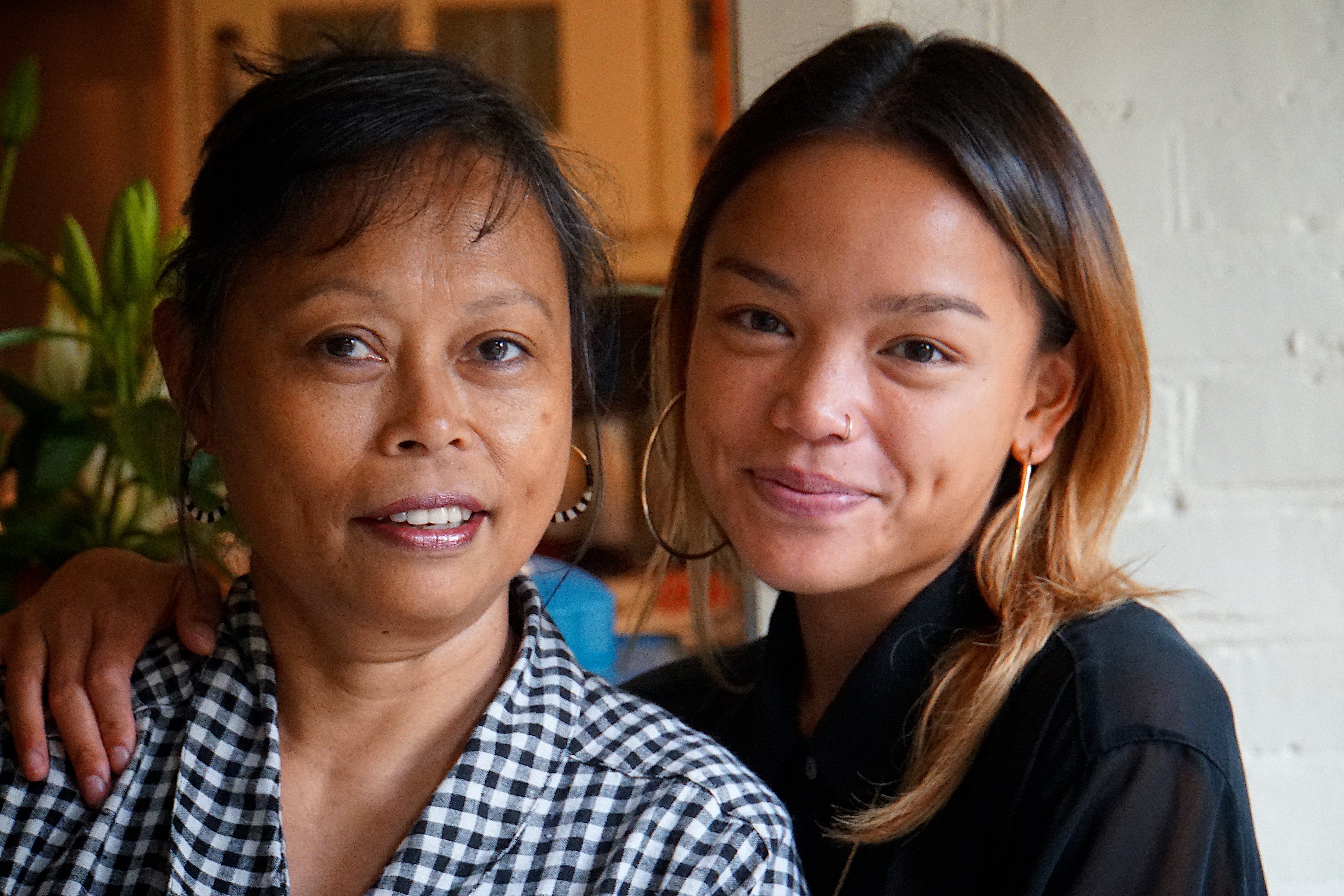
From our print edition. Buy it here
When I was younger, I used to physically cringe when my mum picked up the phone to our Indonesian family within earshot of me and my friends. If I had someone over to our house I would quickly usher them into another room, close the door behind us, and start talking quickly and loudly about anything at all, just to drown out the sound of my own mother speaking her own – our own – language. If she dared to pass through the room still yakking on the phone in Bahasa, I would snarl “Mum!” through clenched teeth, and pray that she would leave, shut up, or that my friend just wouldn’t hear. I hated the way she sounded when she was screeching, laughing, and making ugly foreign noises, and in shamefully recent years I have disparagingly referred to the Indonesian language as “savage”. When I asked my mum if she recalled that I used to shame her for this, she said, “I remember it well.”
It’s quite ordinary for children to be embarrassed by their parents and get angry for seemingly no reason. But I did have a reason. I wanted to be “normal” – or the normal that I knew. I didn’t want my friends (who were mostly white and English) to see that side of my family. Like any child eager to fit in, I picked up signs and signals from books, television, and my peers about what was “acceptable” and “cool”. Being brown definitely wasn’t on the list, let alone the sounds my mum made on the phone to our family, so I pushed it all away. I would roll my eyes at my friends or laugh at her, and I hate myself for it now. I am extremely fortunate to have never been on the receiving end of any serious or violent racism (neither physical nor psychological), and I have never knowingly been denied any opportunities because of my Indonesian heritage and skin colour. So when I explore and discuss how I see the world and how it sees me, I constantly have to check my privileges. But over the last few years, I have become increasingly aware of the ways I used to compromise myself to fit into the white spaces I was part of whilst growing up.
“My friend remarked that if she could choose to look like anyone in the world, she definitely wouldn’t choose to look Asian”
When I was around eight or nine, a girl asked me, “Why are you so tanned? Is it because you’re from a hot country?” I remember my skin prickling as she marked out a difference between myself and the other children that I had never really thought about, but her manner and follow-up question were inoffensive. Whoever – or whatever – had made the connection between “tanned” skin and hot countries in her mind at such a young age at least made a harmless one. But social conditioning begins early, and one doesn’t have to dig very deep to find evidence that images of darker skin are often bound up with dangerous, damaging, and frankly untrue concepts in all walks of life. They are taught to us both explicitly and implicitly. It takes a great deal of effort to unlearn these connections, especially as so many people are unwilling to acknowledge their existence or potency in the first place, but it is necessary – for everyone.
With age, the curious questions have become harder to stomach, and the throwaway comments less forgivable. At school around the age of 16, my friend and I were flipping through magazines and discussing which celebrity we most wanted to look like. My answer was Freida Pinto. My friend remarked that if she could choose to look like anyone in the world, she definitely wouldn’t choose to look Asian. The conversation moved along quickly; I didn’t have the vocabulary at the time to call her out on it, and I don’t think she even realised the gravity of what she’d said. Another display of blinding ignorance was hurled at me a few years later by someone I loved, in the context of a very heated discussion about identity, school, and racial differences. In amongst many laughable comments including, “It is clear that I am nothing but a white male, with white male privileges to you” – sob – he protested, “But you’re the whitest girl I know!” This was not only baffling for obvious reasons but also deeply hurtful in complicated ways that only people of colour will really have the capacity to understand.
Paradoxically, I cannot count the number of times that I have been looking through photos with my friends when one of them has pointed at me and squealed, “You look SO Asian!” Well, yes… I am Asian. But that’s not what they mean, and hopefully I don’t need to spell it out. I know the “it’s not that deep” crew would roll their eyes at this, but it is that deep when comments like this build up over a lifetime, and force you to question – and then comply with – what is and isn’t valuable about your Asian-ness. When I was younger I tried to bury it, in my teens I mostly didn’t engage with it because I didn’t need or know how to, and in more recent years since moving to London and meeting a more diverse group of people that speak loudly and proudly about their differences, I have been scrambling to reclaim all the parts of me that I threw away or denied myself – parts of me that I didn’t realise were worth showing, let alone celebrating. To all those people: thank you.
“Like an utter brat, I used to simmer with anger if she offered my friends Indonesian noodle soup for breakfast in the morning instead of ‘normal’ bland cornflakes or toast”
My behaviour towards my mum during that period must have been a slap in the face. In her 20s, she moved from Indonesia to Italy with absolutely no knowledge of the language at all, before settling in the UK with only rudimentary English. She now speaks both languages fluently. She has built a hugely successful catering company from nothing but memories from the motherland, and I am so proud of everything she has done. Like an utter brat, I used to simmer with anger if she offered my friends Indonesian noodle soup for breakfast in the morning instead of the “normal” bland cornflakes or toast and jam that I was offered at their houses.
Now, when we see some of her less adventurous clients ordering the same “vanilla” dishes over and over again, we laugh together. I can’t believe I ever wanted to hide away her generosity and cooking. Every part of my mum is beautiful: she is kind, supportive, ambitious, respectful, generous, funny, down to earth, gentle, creative, smart – and she is Indonesian. I will never try to take that away from her again, and I will eventually learn to engage fully with the Indonesian blood that runs through my own veins. Given that I am adopted, I feel so grateful to have a mother at all, let alone one who speaks three languages, goes above and beyond to provide for me and my friends, and has shown me the warmest, most unconditional love in my lifetime. Mum: thank you for everything.

